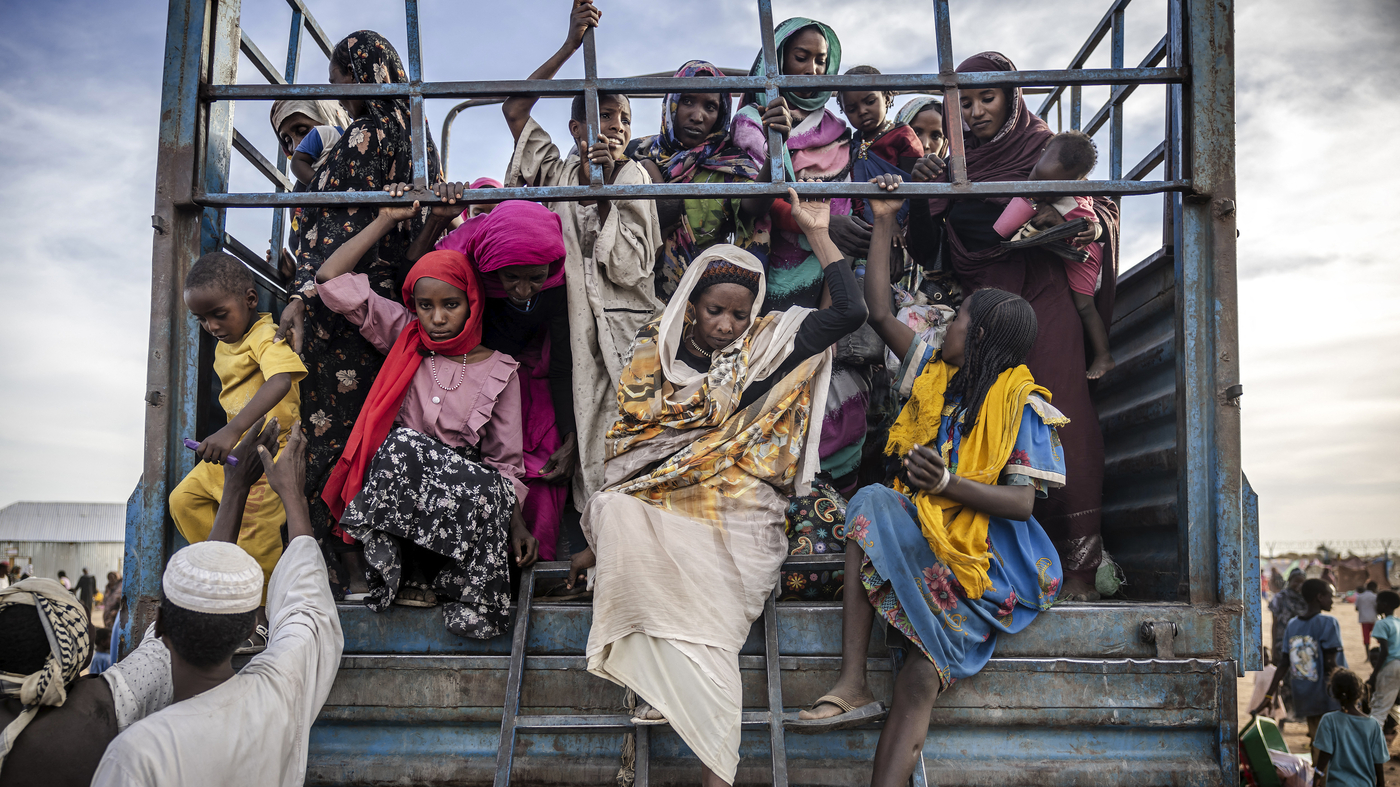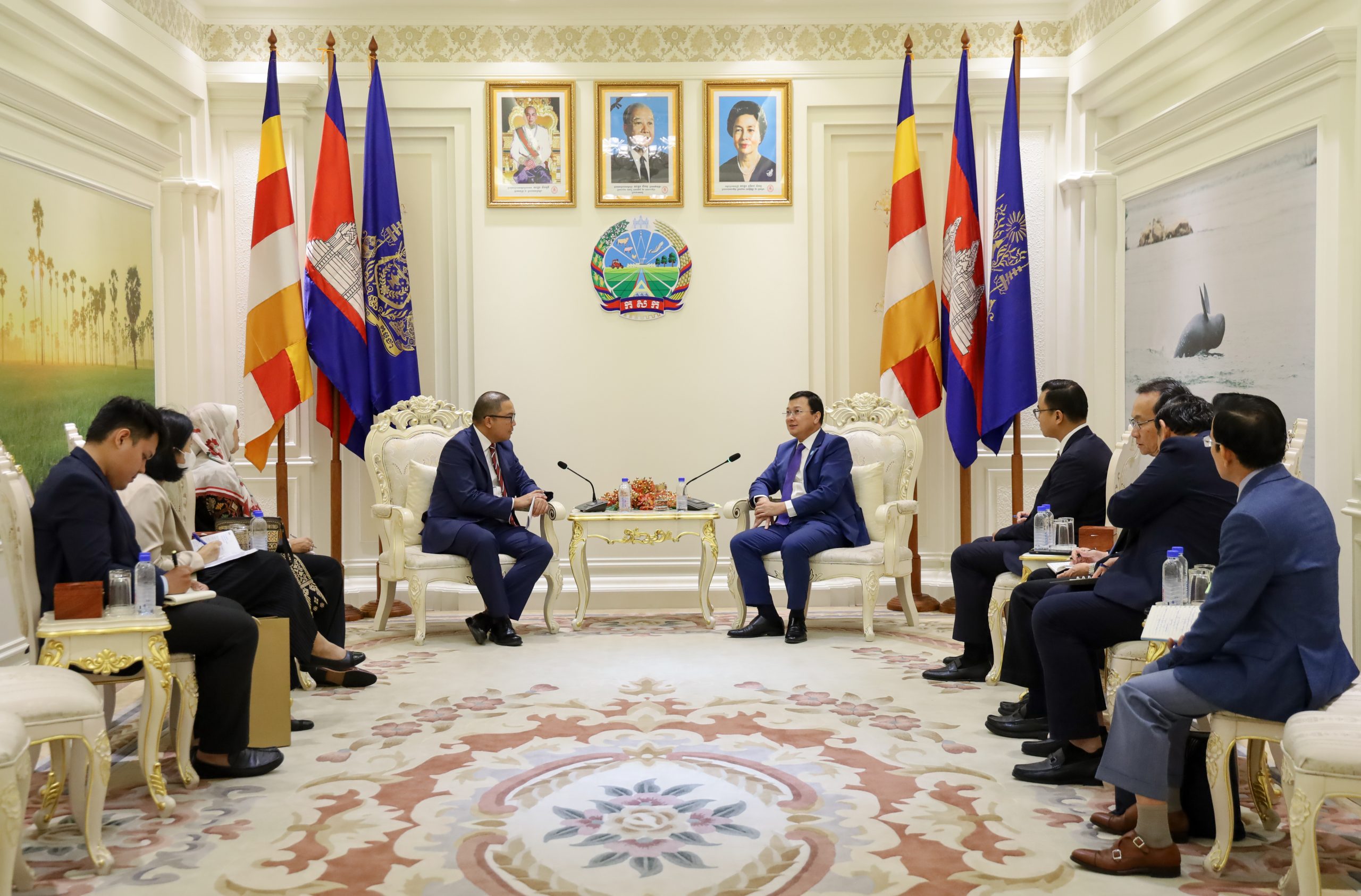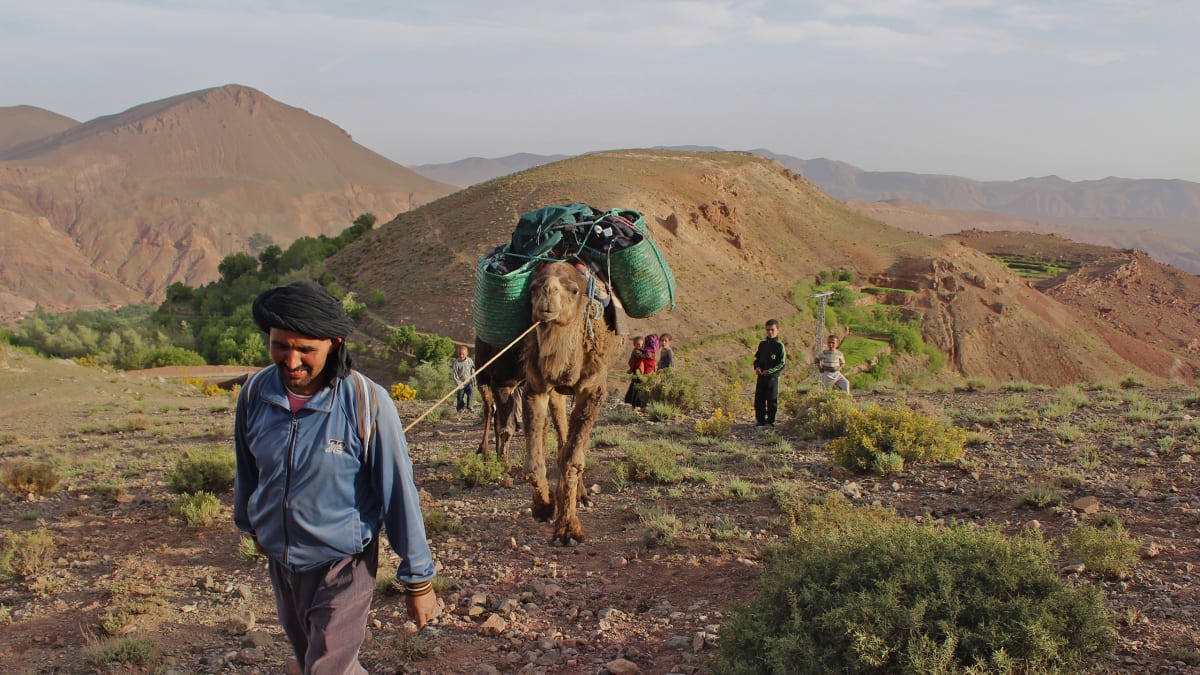
pasecrets.com – South Sudan, the world’s youngest nation, gained independence from Sudan in 2011 after decades of civil war. However, the dream of peace and prosperity was short-lived as the country plunged into a brutal civil war in December 2013. The conflict, primarily fueled by ethnic tensions and political rivalry, has led to one of the most severe humanitarian crises of the 21st century.
The Onset of Civil War
The civil war in South Sudan erupted when President Salva Kiir, an ethnic Dinka, accused his former vice president, Riek Machar, an ethnic Nuer, of attempting a coup. This event triggered a violent conflict that quickly escalated, drawing in various ethnic militias and armed groups. The war has since seen numerous ceasefires and peace agreements, all of which have failed to bring lasting peace to the war-torn country.
Humanitarian Impact
The civil war in South Sudan has had a devastating impact on the civilian population. Millions have been displaced from their homes, with many seeking refuge in neighboring countries or crowded UN protection sites within South Sudan. The conflict has also led to widespread hunger, disease, and a complete breakdown of social services.
Displacement and Refugees
As of the latest reports, millions of South Sudanese have been internally displaced, while hundreds of thousands have sought asylum in neighboring countries such as Uganda, Sudan, and Ethiopia. The displacement has shattered communities and livelihoods, leaving families in dire need of humanitarian assistance.
Food Insecurity
South Sudan is frequently on the brink of famine. The combination of conflict, economic collapse, and climate change has led to severe food shortages. Many families are forced to survive on less than one meal a day, and malnutrition rates among children are alarmingly high.
Health and Education
The health system in South Sudan has been decimated by the civil war. Hospitals and clinics have been looted or destroyed, and many health workers have fled the country. This has left the population vulnerable to diseases such as malaria, measles, and cholera. The education system has also suffered, with schools closed or used as shelters, depriving children of their right to education.
International Response
The international community has responded to the crisis in South Sudan with various humanitarian interventions. The United Nations Mission in South Sudan (UNMISS) has been mandated to protect civilians, although its effectiveness has been hampered by the scale of the violence and political constraints. Numerous aid agencies are also working on the ground to provide food, healthcare, and education to those affected by the conflict.
The Road to Peace
Despite the challenges, there have been efforts to end the conflict and rebuild South Sudan. Peace agreements have been signed, and a transitional government of national unity has been established. However, the path to peace is fraught with difficulties, and lasting stability will require genuine reconciliation, security sector reform, and economic recovery.
Conclusion
The civil war in South Sudan is a stark reminder of the human cost of conflict. The international community must continue to support peace efforts and provide humanitarian assistance to alleviate the suffering of the South Sudanese people. Only through sustained commitment and cooperation can South Sudan hope to overcome its current crisis and build a peaceful and prosperous future.



